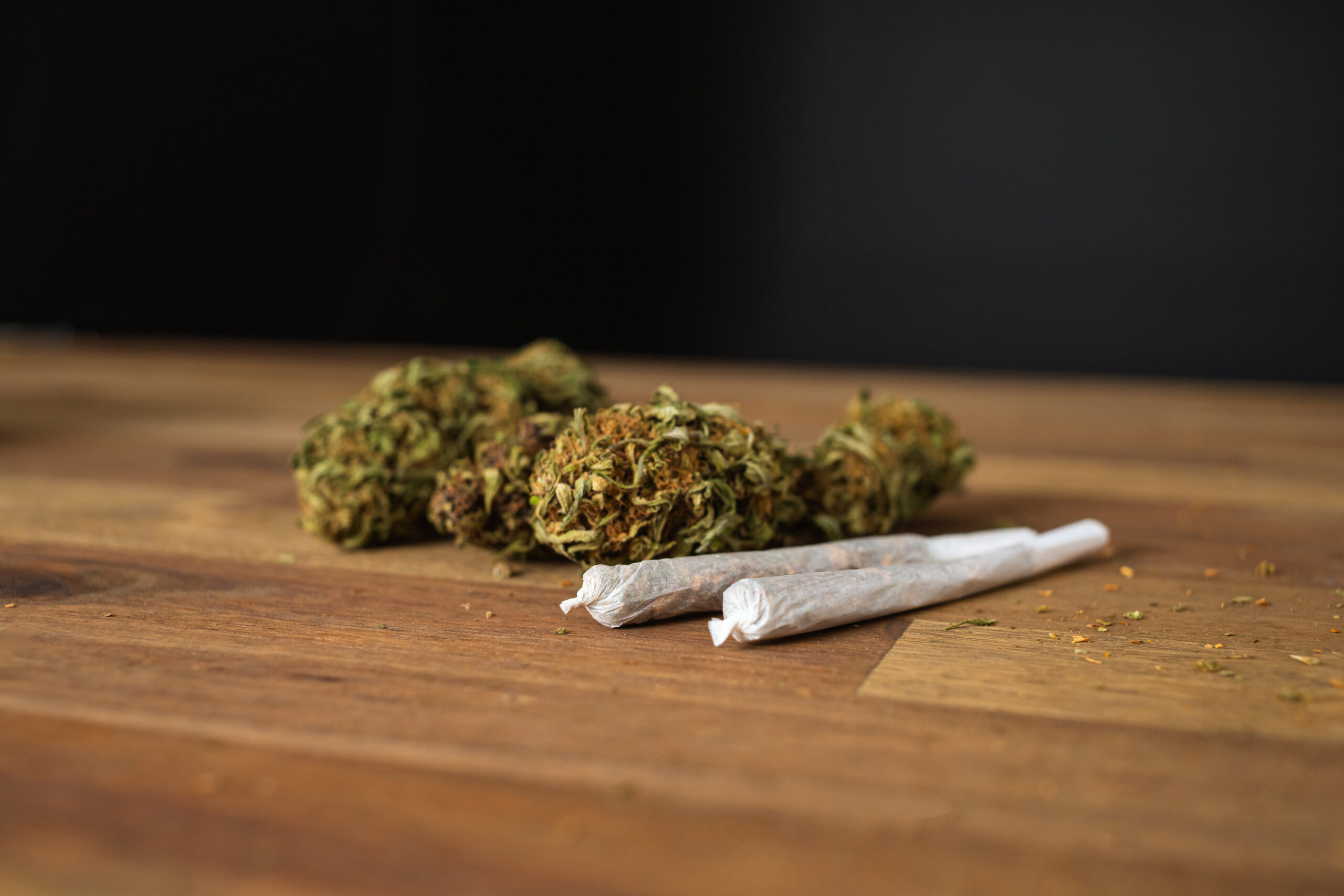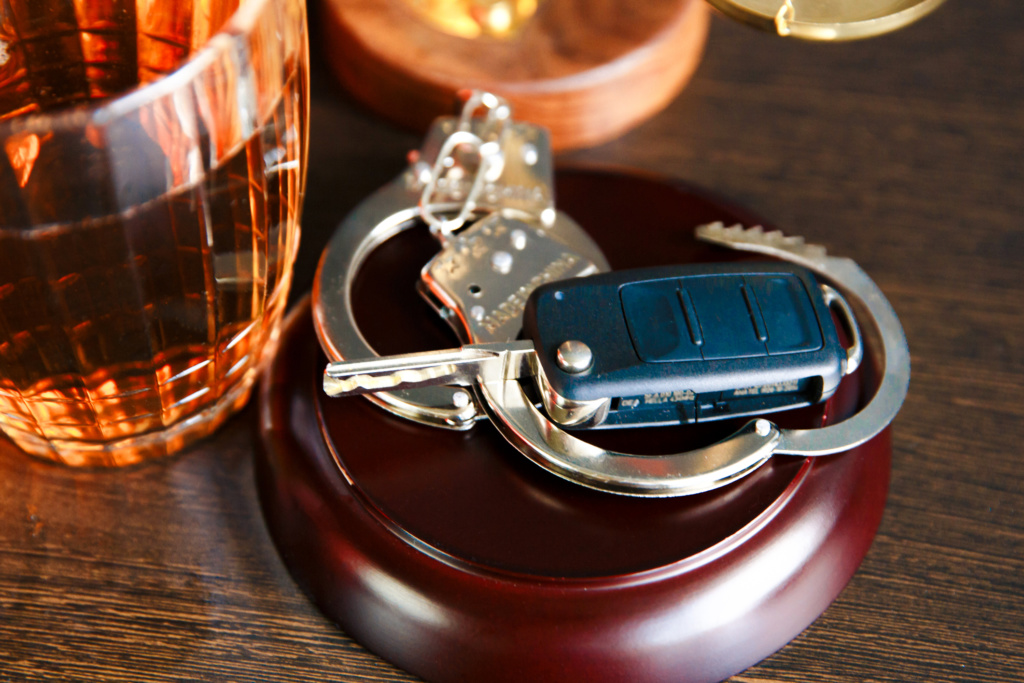What Is a Marijuana DUI?
Initiative 502, passed in 2012, legalized marijuana for recreational use, making it legal for people 21 and over to possess and use marijuana. The initiative also changed Washington’s marijuana laws regarding DUI, amending the previous DUI laws regarding marijuana. Washington considers people caught with a blood concentration of THC over 5 nanograms per milliliter as impaired.
These standards make it easier for law enforcement to enforce and prosecute marijuana cases. Some people believe they can beat a marijuana DUI charge themselves, but it is better to have a lawyer with extensive experience defending marijuana DUI’s.
 Upon Arrest
Upon Arrest
When a law enforcement officer arrests someone for a Marijuana DUI (or “Green DUI”), the suspect goes to the hospital. Once the suspect arrives there, medical personnel request a blood sample. The perpetrator can decline to give the sample, much like someone with an alcohol-related DUI arrest.
If the person produces a blood sample, a toxicologist with the Washington State Toxicology Laboratory analyzes the sample. Results come back within one to three months, depending on the caseload of the lab when it received the order. The lab forwards results to the prosecuting attorney’s office, at which point the prosecutor decides whether or not to file formal charges and proceed with a legal case.
Possible Court Proceedings
If the prosecutor files charges, the court sets an arraignment date and notifies the defendant. A DUI attorney can help you through the process and shows up to the arraignment for you. The attorney speaks on your behalf, and represents you when you go to court.
At the arraignment hearing, the judge considers several factors. The judge can set bail based on criminal history and the facts of the case, which is what the judge will consider at this time. Since the legalization of marijuana, statistics have shown that judges set a higher bail amount for marijuana DUIs compared to alcohol-related DUIs. Unlike alcohol DUIs, the court doesn’t usually put ignition interlocks on a vehicle or monitor someone at home, as there is no way to monitor marijuana use.
Penalties Imposed for Marijuana DUI
As with alcohol-related DUIs, there is a mandatory minimum for marijuana DUIs, with a few exceptions. Prior criminal history and previous DUI convictions can hold a harsher penalty than first-time offenders. When faced with a Marijuana DUI, an individual may face:
- One to 364 days in jail
- Fines of $944.50 up to $5,000
- Driver’s license suspension from 90 days up to four years
- Five years of probation
- Chemical dependence assessment along with treatment
What Can the Defense Do With a Marijuana DUI?
The biggest problem with marijuana DUIs is the lack of understanding when determining if an individual is impaired after using marijuana. Unlike alcohol, where a consensus of .08 is the legal drunk driving limit, it is difficult to ascertain the level of impairment due to marijuana. The scientific community cannot agree what the level is, and the state’s assessment of 5 ng/mL is based on the presumption that you’re impaired at this level rather than facts of the case. There are many differing opinions on when an individual becomes impaired after using marijuana, and before the passage of I-502, fighting a Marijuana DUI charge was simple because there was no set legal standard.
The biggest problem is that the prosecution only needs to present evidence that an individual’s blood test came back at over 5 ng/mL. This level only presumes one to be impaired instead of proving they were too impaired to drive. As a Seattle DUI lawyer, I find the level to be too low for a conviction considering the circumstances. A regular user of marijuana can have high levels of THC in their blood even days after they smoked marijuana. This low bar should make it difficult to prove that an individual was impaired at the time he or she was driving.
Medical Marijuana Users
Since doctors can prescribe marijuana to many patients for a variety of ailments, one of the biggest concerns is how marijuana DUI laws affect medical users. In December 2016 in Arizona, the courts ruled that users of medicinal marijuana who are arrested for DUI can contest the charges by arguing they were not impaired to operate a vehicle. The 2010 Arizona Medical Marijuana Act does allow medical patients to have marijuana in their system, but the state’s supreme court decided in 2015 that patients need to argue that they were not impaired when they were driving.
If a medical marijuana patient is arrested and charged with a marijuana DUI, they need to provide proof that they were not impaired while they were driving as a way to lessen or have the charges dropped entirely. This concept does make it more difficult to defend the case, especially in Washington, because the burden of proof is placed squarely on the defense rather than the prosecution. The low level of THC in the defendant’s blood the prosecution needs to prove for a marijuana DUI conviction can have severe consequences for those that use medical marijuana every day.
If you have a marijuana DUI case, you need a good marijuana DUI defense attorney on your side. Contact Matthew Leyba today and see what we can do for you if you need our services.



